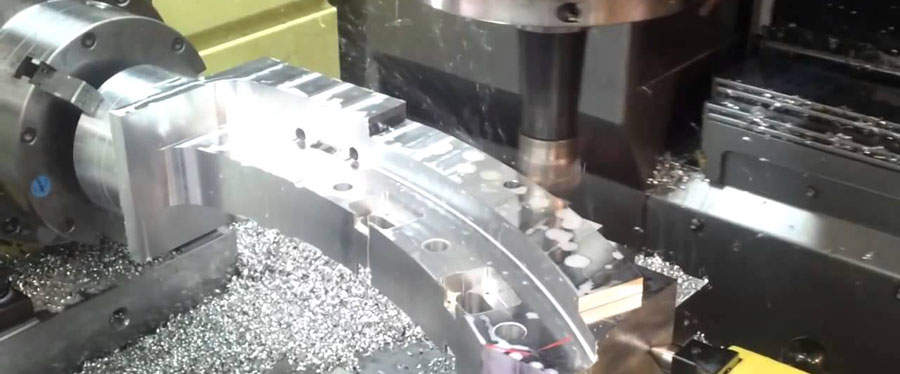Precision hardware components are inevitably contaminated with impurities such as oil, dust, and metal debris during the manufacturing process. If these impurities are not removed in a timely manner, they will have a serious impact on the performance and appearance of the components.
As long as we choose the correct cleaning plan and cleaning agent, we can ensure that the cleaning process will not cause damage to the components.
The manufacturing of precision parts involves intricate processes that demand high levels of accuracy and quality. One crucial aspect of ensuring these high standards is the cleaning process. Here are the key reasons why cleaning is essential in the manufacturing of precision parts:
1. Removing Contaminants
Dirt and Debris: Precision parts often accumulate dirt, dust, and debris during various stages of manufacturing. Cleaning removes these contaminants, ensuring that they do not affect the part’s functionality or appearance.
Residues from Machining: During machining, oils, coolants, and other substances are used. These residues can interfere with further processing or assembly if not properly cleaned off.
2. Ensuring Accurate Measurements
Precision Tolerance: Even the smallest particles can affect the tight tolerances required for precision parts. Cleaning ensures that measurements remain accurate and consistent, crucial for the part’s performance.
Surface Quality: Clean surfaces are essential for accurate inspections and measurements. Any contamination can lead to incorrect readings and potential rework.
3. Enhancing Surface Finish
Aesthetic Appeal: For parts where appearance is important, such as in consumer electronics or automotive components, cleaning enhances the visual appeal by removing blemishes and ensuring a smooth finish.
Functional Surface: Clean surfaces are crucial for parts that interact closely with other components. Any residue can affect the surface finish, leading to issues in assembly or operation.

4. Preventing Corrosion and Contamination
Oxidation Prevention: Residual substances, particularly oils and coolants, can cause oxidation and corrosion if left on the part. Cleaning helps prevent such degradation, extending the part’s lifespan.
Chemical Compatibility: Ensuring that parts are free from contaminants is critical, especially in industries like aerospace and medical devices, where chemical compatibility is a must.
5. Improving Adhesion and Coating
Surface Preparation: For parts that require coatings, plating, or painting, cleaning is vital to ensure proper adhesion. Contaminants can cause poor adhesion, leading to coating defects.
Bonding: In applications where parts need to be bonded together, a clean surface ensures a strong and reliable bond.
6. Ensuring Functionality
Mechanical Performance: Clean parts perform better mechanically. For instance, in gears and bearings, any debris can cause wear and tear, leading to premature failure.
Electronic Components: For electronic precision parts, cleanliness is crucial to prevent short circuits and ensure reliable performance.
7. Quality Control and Compliance
Inspection Readiness: Clean parts are easier to inspect for defects and compliance with specifications. Contaminants can mask defects or cause false positives during inspection.
Regulatory Compliance: Many industries have strict cleanliness standards. Adhering to these standards is not only about quality but also about meeting regulatory requirements.
Conclusion
The cleaning process is indispensable in the manufacturing of precision parts for multiple reasons, ranging from removing contaminants to ensuring accurate measurements, preventing corrosion, and enhancing surface quality. By incorporating thorough cleaning procedures, manufacturers can ensure the high quality, reliability, and longevity of their precision parts, meeting both industry standards and customer expectations.



